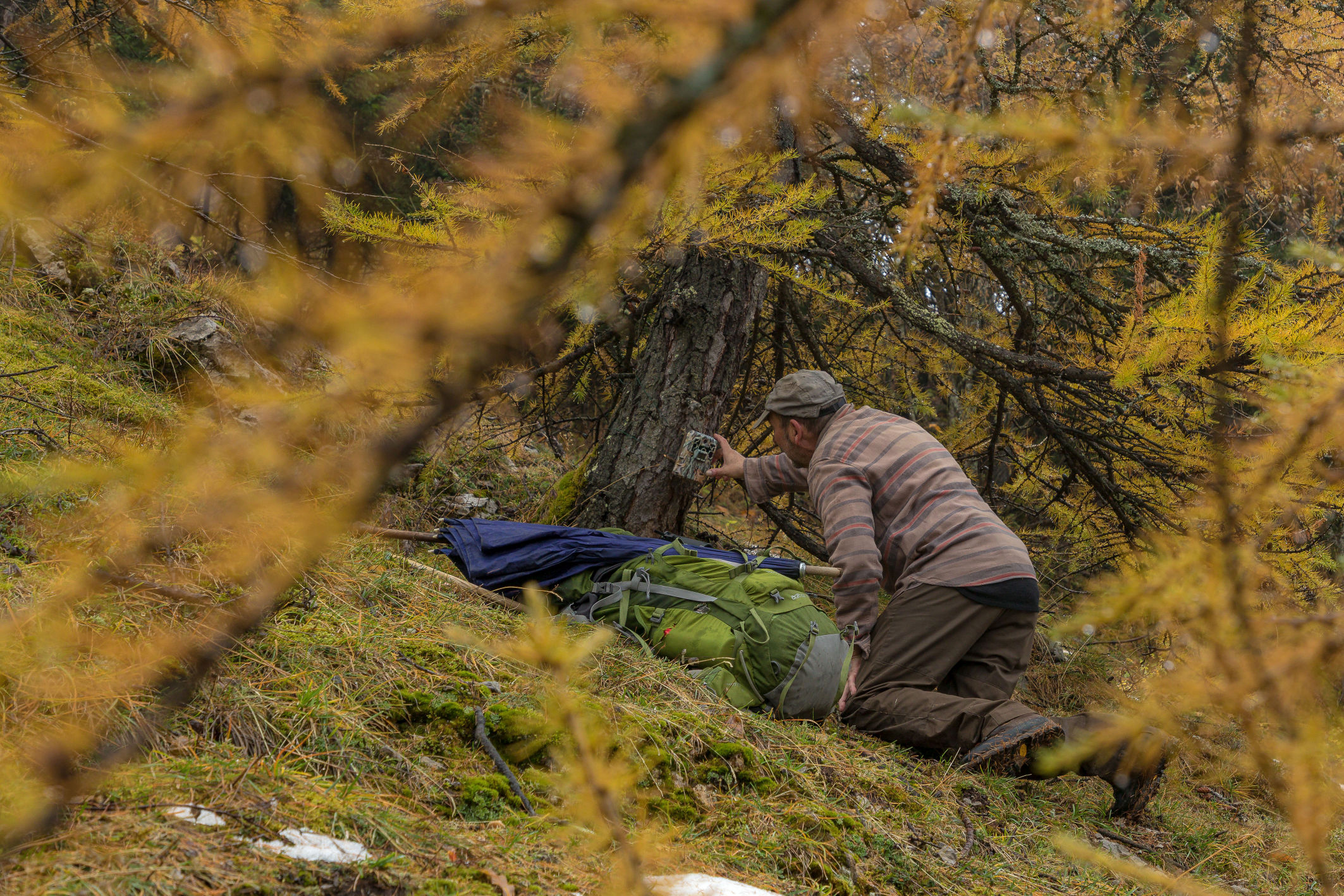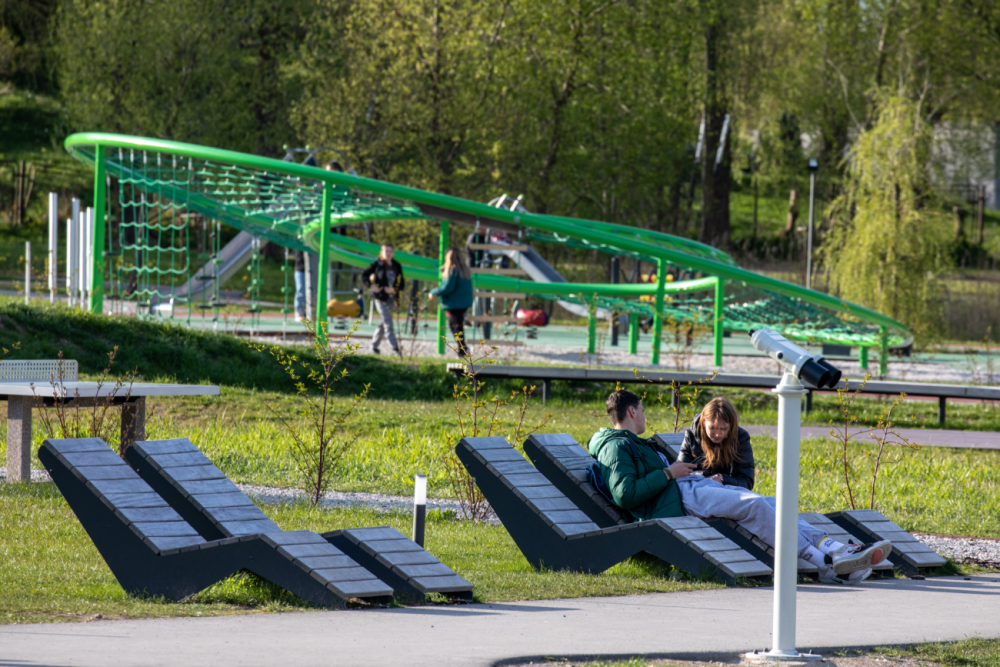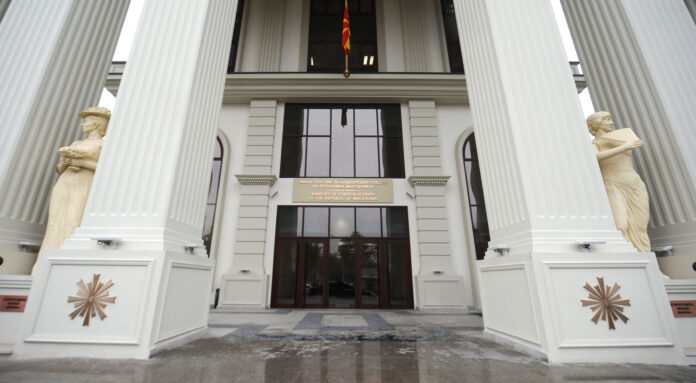Review: Baranbanovs and Korotkov’s « Death is our Business »

This week, the last soldiers in the Wagner group left Mali. Russia’s private Bulvan War abroad seems to be coming to an end. Now the adventure abroad is controlled from the Kremlin.
What does Russia do in Africa? Supports the dictators or guerrillas that fit for the day – in a pathetic attempt to continue playing colonial lords. But the door to the Middle East seems closed after Bashar al-Assad’s fall in Syria. A large defeat also for Putin.
Wagner ravaged the Central African Republic, Sudan and Libya, among others. Notorious for brutal methods and extrajudicial executions. The UN initiated investigations and the FBI sent out calls.
The managers were searching for gold and diamonds; In Syria, it was the oil and the gas that made the company rich. Protection of mines and oil fields gave billions in dividends. But the zinc pistas with dead soldiers began to become a problem at home in Russia. Mourning families who asked questions to the state were waved away. In the end, they became alarming many.
The Kremlin allowed them to be held and benefited from the power power. Officially it was denied everything. And the soldiers were decorated in silence
Wagner was a standalone Companies and war assignments secret. The Kremlin allowed them to be held and benefited from the power power. Officially it was denied everything. And the soldiers were decorated in silence.
Wagner’s rebellion in Ukraine in the summer of 2023 was the beginning to the end. Who can forget the gorming Yevgenij Prigozjin’s unsupported insult to the military leadership and finally Putin himself? Stunning in today’s Russia, where silence and loyalty are law.

Wagner’s founder let down six Russian helicopters and an airplane during the march against Moscow. Maybe a military coup that could have succeeded. But everything was interrupted during intense smoke development and a lot of hush-hush. Many question marks remain.
The troops received exile in Belarus and Prigozjin returned to the Sankt Petersburg headquarters. A month later, his private aircraft was blown up in the air. Kremlin’s silent revenge.
In the book « Death is our business » says BBC journalists Ilja Barabanov and Denis Korotkov the story of Wagner. Yes, it is quite incredible, not least that reinforces the image of Russia as a mafiastate with hidden competing interests.
It is not a harmless assignment. When Korotkov began writing about Wagner’s battles in Syria, a bouquet was delivered home to his home. To the editorial staff of Novaja Gazeta who published the articles came a wreath with the text « We will never forget you ». Plus a severed sheep head. Today, both journalists live in exile.

What could be more appropriate for a big Russian power player than to create their own private army as an extra source of income – and potentially domestic threat. It began in eastern Ukraine 2014.
Prigozjin already owned magic factories and own media channels. They were used to drive propaganda; Flasting business competitors or democracy activists who criticized the rampant political corruption.
He became known during the 1990s as the owner of luxury restaurants where the new class lubricated the crow. And later began to deliver food to the country’s schools and military nurses. Favorable state contracts worth a billion. Not bad for a small manger and previous prison second.

Vladimir Putin allowed him grow. He became a strong watchdog, Prigozjin, and long loyal with the Godfather. Where did it go wrong? It will not be clear in the book.
But how did he get murderers and rapists from the prisons to fight for the Wagner Group in eastern Ukraine? Hardly without Putin’s consent, writes the authors.
Wagner was born out of the battles in eastern Ukraine. But the authors fade down the information that the group would have been an ultranational unity with strong Nazi elements. The soldiers were taken from all over Russia and political loyalty was not required. Most fought for the sake of money. And compared to the Russian army, wages were soaring.
Russia is permeated by a prison culture. Criminals have high status and Prigozjin spoke their language. But how did he get murderers and rapists from the prisons to fight for the Wagner Group in eastern Ukraine? Hardly without Putin’s consent, writes the authors.
If the prisoners survived Six months at the front they were pardoned. Enough people managed to raise problems when returning to their home areas. New drills, murders and rapes aroused anger with family members who mourned and victims who lived with trauma.
Yevgenij Prigozjin played with the fire. « Death is our business » lights up his strange and long secret role in Putin’s brutal war state. But the end of the story remains foggy.
Read more texts by Jan Eklund and others of DN’s book reviews







:format(webp)/s3/static.nrc.nl/wp-content/uploads/2025/06/06163909/data133311091-ba69b0.jpg)
